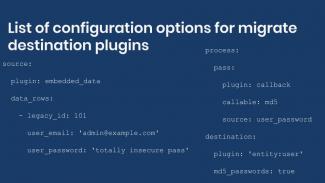
Drupal migrations reference: List of configuration options for destination plugins
In the previous article we provided a reference of available configuration options for migrate source plugins. In today’s article we are doing something similar for destination plugins. We will present a reference of available configuration options for migrate destination plugins provided by Drupal core and some contributed modules. Knowing which options are available might require some Drupal development knowledge. By providing this reference it should make the process of writing migrations easier.
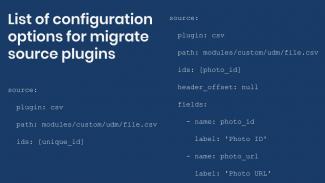
Drupal migrations reference: List of configuration options for source plugins
In a previous article we explained the syntax used to write Drupal migration. We also provided references of subfields and content entities' properties including those provided by the Commerce module. This time we are going to list the configuration options of many migrate source plugins. For example, when importing from a JSON file you need to specify which data fetcher and parser to use. In the case of CSV migrations, the source plugin configuration changes depending on the presence of a headers row. Finding out which options are available might require some Drupal development knowledge.
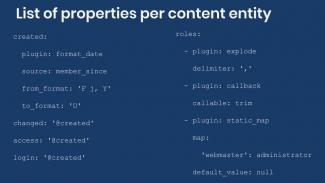
Drupal migrations reference: List of properties per content entity
In a previous article we explained the syntax used to write Drupal migrations. When migrating into content entities, these define several properties that can be included in the process section to populate their values. For example, when importing nodes you can specify the title, publication status, creation date, etc. In the case of users, you can set the username, password, timezone, etc. Finding out which properties are available for an entity might require some Drupal development knowledge.
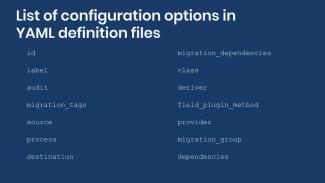
Drupal migrations reference: List of configuration options in YAML definition files
In today’s article we are going to provide a reference of all configuration options that can be set in migration definition files. Additional configuration options available for migrations defined as configuration will also be listed. Finally, we present the configuration options for migrations groups.
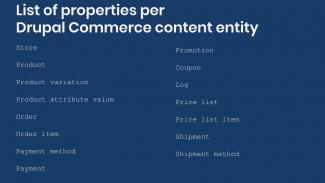
Drupal migrations reference: List of properties per Commerce content entity
In today’s article, we are presenting a reference of properties available in content entities provided by Drupal Commerce and some related contributed modules.
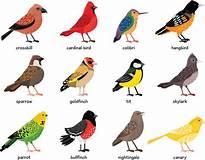
Drupal migrations reference: List of subfields per field type
A reference of subfields provided by core and contributed modules to make writing Drupal migrations easier.

Understanding the syntax of Drupal migrations
We explained different aspects of the syntax used by the Migrate API previously. In today’s article, we are going to dive deeper to understand how the API interprets our migration definition files.

Introduction to Drupal 8 upgrades
Although we covered a lot of ground, we only scratched the surface. To wrap up the series, we present an introduction to a very popular topic: Drupal upgrades. Note: In this article, when we talk about Drupal 7, the same applies for Drupal 6.
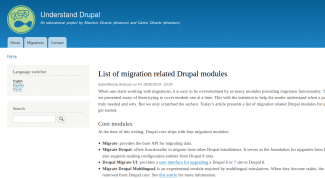
List of migration related Drupal modules
When one starts working with migrations, it is easy to be overwhelmed by so many modules providing migration functionality. Today’s article presents a list of migration related Drupal modules for quick reference.
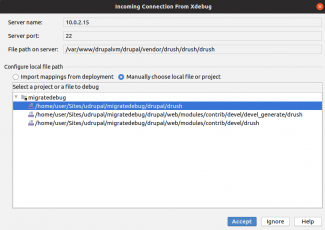
How to configure XDebug, PHPStorm, and DrupalVM to debug Drupal migrations via Drush commands and the browser
In recent articles, we have presented some recommendations and tools to debug Drupal migrations. Using a proper debugger is definitely the best way to debug Drupal be it migrations or other substems.
Pagination
- Page 1
- Next page

